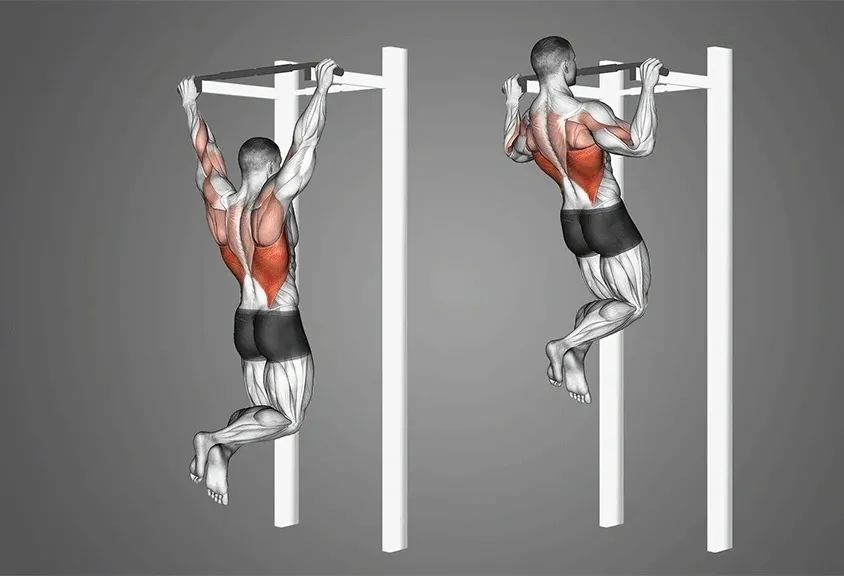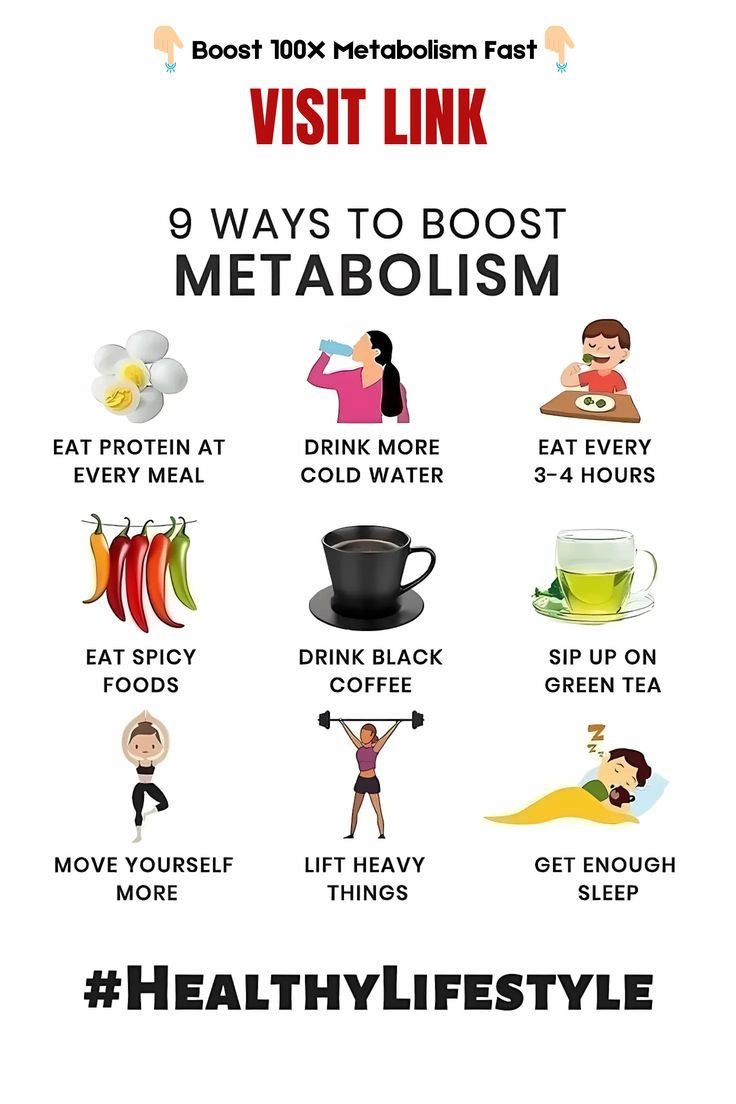Health is no longer just the absence of illness; it has evolved into a holistic concept encompassing physical, mental, and emotional well-being. With the rise of new technologies, personalized healthcare, and wellness trends, people now have unprecedented tools to manage, monitor, and improve their health. This article explores modern health strategies, emerging trends, practical applications, and ongoing challenges.
Redefining Wellness in the 21st Century
The understanding of health has shifted significantly in recent decades. Traditional medicine focused primarily on treating illness, whereas modern approaches emphasize prevention, lifestyle management, and early detection. Nutrition, exercise, sleep, stress management, and mental health are all critical components in this broader perspective.
For example, wearable devices track daily activity, heart rate, and sleep patterns, giving users insights into their overall wellness. Mobile apps provide guided workouts, dietary tracking, and mindfulness exercises, allowing people to take control of their well-being without constant reliance on healthcare professionals.
Innovations in Diagnostics and Treatment
Recent technological advancements have transformed healthcare diagnostics and treatment. Non-invasive imaging, home testing kits, and AI-assisted diagnostic tools are making early detection easier and more accurate.
Blood sugar monitors and wearable ECG devices allow real-time health monitoring for patients with chronic conditions. Artificial intelligence is increasingly used in medical imaging to detect anomalies such as tumors or fractures more accurately than human observation alone.
Telemedicine platforms also bridge the gap between patients and healthcare providers, reducing barriers for those in remote areas. Virtual consultations, remote monitoring, and digital prescriptions are increasingly common, providing a convenient, time-saving alternative to traditional clinic visits.
Nutrition and Lifestyle Optimization
A healthy lifestyle begins with diet. Modern nutrition emphasizes whole foods, balanced diets, and mindful eating habits. Diet trends such as plant-based nutrition, intermittent fasting, and nutrient-rich meal plans are popular for maintaining energy levels, weight management, and metabolic health.
Hydration, micronutrient intake, and reducing processed foods are fundamental principles, yet personalizing diets based on genetics and metabolism is becoming more accessible. Personalized nutrition apps analyze individual health data to recommend optimized meal plans.
Exercise remains equally important. A combination of strength training, cardiovascular workouts, flexibility exercises, and balance routines promotes long-term physical fitness. Even simple daily activities like walking or cycling contribute to heart health, mental clarity, and weight management.
Mental Health and Cognitive Well-being
Mental health has gained recognition as an essential part of overall wellness. Stress, anxiety, and depression can negatively impact physical health, making mental wellness an integral focus of modern health strategies.
Mindfulness practices, meditation apps, and guided relaxation programs help individuals manage stress. Cognitive behavioral therapy (CBT) and other evidence-based techniques are increasingly delivered through digital platforms, making mental health support more accessible.
Social connections also play a critical role. Research shows that community involvement, strong relationships, and support networks improve mental resilience and reduce the risk of chronic conditions.
Preventive Healthcare and Early Detection
Preventive measures remain a cornerstone of modern health. Regular check-ups, screenings, vaccinations, and risk assessments allow early intervention and reduce the burden of disease.
For instance, cardiovascular screenings, blood pressure monitoring, and cholesterol checks help identify risk factors before complications arise. Genetic testing for hereditary conditions enables tailored preventive strategies. Immunization against infectious diseases, including seasonal flu and emerging pathogens, continues to save millions of lives annually.
Integrating Technology and Health
Technology has revolutionized how people approach wellness. Wearables, mobile apps, and digital health platforms offer personalized insights, track progress, and encourage healthy habits.
Smartwatches measure activity levels, sleep cycles, heart rate variability, and even oxygen saturation. Advanced apps analyze these metrics to provide feedback, suggest lifestyle adjustments, and alert users to potential health concerns.
Virtual reality (VR) is also finding applications in therapy, rehabilitation, and fitness. Patients recovering from injuries can engage in immersive exercises, while VR-based mental health programs provide engaging coping techniques for stress and anxiety.
Artificial intelligence further enhances diagnostics, predicting potential health issues by analyzing patterns in data. This predictive capability can prevent complications, optimize treatments, and guide medical professionals in making informed decisions
Challenges in Modern Health Management
Despite these innovations, several challenges remain:
-
Accessibility – Advanced healthcare tools are often limited to urban areas or high-income populations, leaving disparities in access.
-
Data Privacy – Digital health tools collect sensitive information, necessitating robust security and ethical guidelines.
-
Over-reliance on Technology – While convenient, technology cannot replace professional medical assessment and judgment.
-
Behavioral Change – Encouraging individuals to adopt healthy habits consistently remains difficult despite the availability of data and tools.
-
Mental Health Stigma – Despite growing awareness, stigma and cultural barriers prevent many from seeking necessary support.
Emerging Trends in Health and Wellness
Several trends are shaping the future of personal and public health:
-
Personalized Medicine: Tailoring treatments and preventive strategies based on genetics, lifestyle, and individual health data.
-
Telehealth Expansion: Making healthcare accessible remotely with online consultations, monitoring, and digital prescriptions.
-
Holistic Wellness: Integrating nutrition, exercise, mental health, and lifestyle interventions for overall balance.
-
AI in Healthcare: Enhancing diagnostics, treatment planning, and predictive health management.
-
Eco-Health Awareness: Understanding environmental factors such as air quality, pollution, and sustainable nutrition on long-term health outcomes.
Conclusion
Modern health is a multidimensional concept, merging physical, mental, and lifestyle factors with innovative technology. Wearable devices, telemedicine, AI-assisted diagnostics, and personalized nutrition empower individuals to take control of their well-being while enabling healthcare professionals to deliver more precise and effective care.
The journey toward optimal health is continuous, requiring proactive measures, awareness, and adaptation. By embracing modern tools and evidence-based strategies, people can enhance their quality of life, prevent disease, and achieve sustainable well-being.
Ultimately, the future of health lies in a balanced integration of technology, lifestyle, and informed decision-making, ensuring that wellness is not just a goal but a sustainable way of life.




